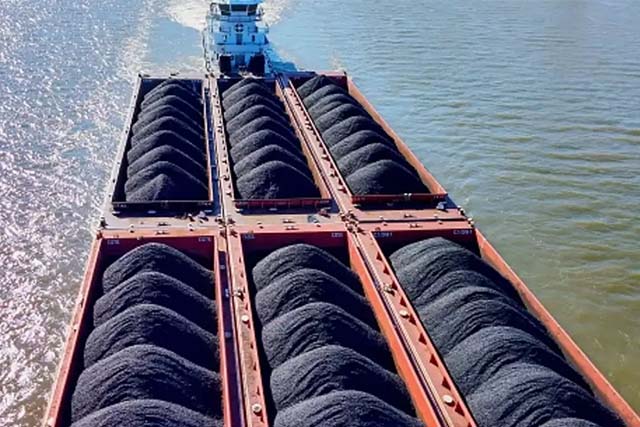China's April coal imports, comprising anthracite, coking coal and thermal coal, rose to 30.95 million tons in April, according to customs data. This was a 22pc increase from April 2019 to 27.83mn in March. Total imports in January-April amounted to 126.73 million tonnes, a year-on-year increase of 26.8 million tonnes, or 26.9 million tonnes.
Despite tight import quotas, some state-controlled Chinese utilities continue to book cheaper imported coal through tenders to take advantage of the open arbitration window as import prices fall to a multi-year low, outstripping the decline in Chinese domestic prices. Late last week, Huaneng purchased 11 shipments of imported NAR 3,800-5,500 kcal / kg of thermal coal from Indonesia through a tender for its power plants in the provinces of Liaoning, Jiangsu, Zhejiang and Guangdong, as well as in the eastern Chinese municipality of Shanghai.
Import restrictions do not appear to be applied equally across origins. Some Chinese traders told Argus last week that they faced less regulatory restrictions when importing Russian coal compared to Australian imports.
The flow of Australian spot shipments of thermal coal imported into China appears to have slowed to some extent, with only one spot fob Newcastle NAR reported to have traded 5,500 kcal / kg at a lower price of around $38 / t for Panamax loading in June earlier last week. The Newcastle NAR 5,500 kcal / kg coal Argus index was assessed at $38.48 / t on 7 May, down $1.91 / t from the previous weekly close.
Another Chinese state-controlled company bought a Capesize cargo ship of NAR 5,000 kcal / kg of thermal coal on 11 May at $30.50-31.50 / t for Newcastle, despite tighter customs barriers.
The CCTD urged Chinese producers to have confidence in the government 's ability to curb imports. It argued for tighter import restrictions because China has become more self-sufficient in coal and because domestic prices have also fallen significantly. However, it did not point out that the fall was less than the fall in import prices. The CCTD also claimed that imported coal had disrupted the domestic supply chain and put pressure on Chinese producers.
But last week, a market participant told Argus that he expects import quotas in China to be relaxed at some point, because higher power generation costs from more expensive domestic coal could hold back the country's economic recovery from the impact of the Covid 19 pandemic.
Several national customs authorities have verbally told utilities that they would limit annual deliveries to rates no higher than 270.9 million tons of imports in 2017.


































